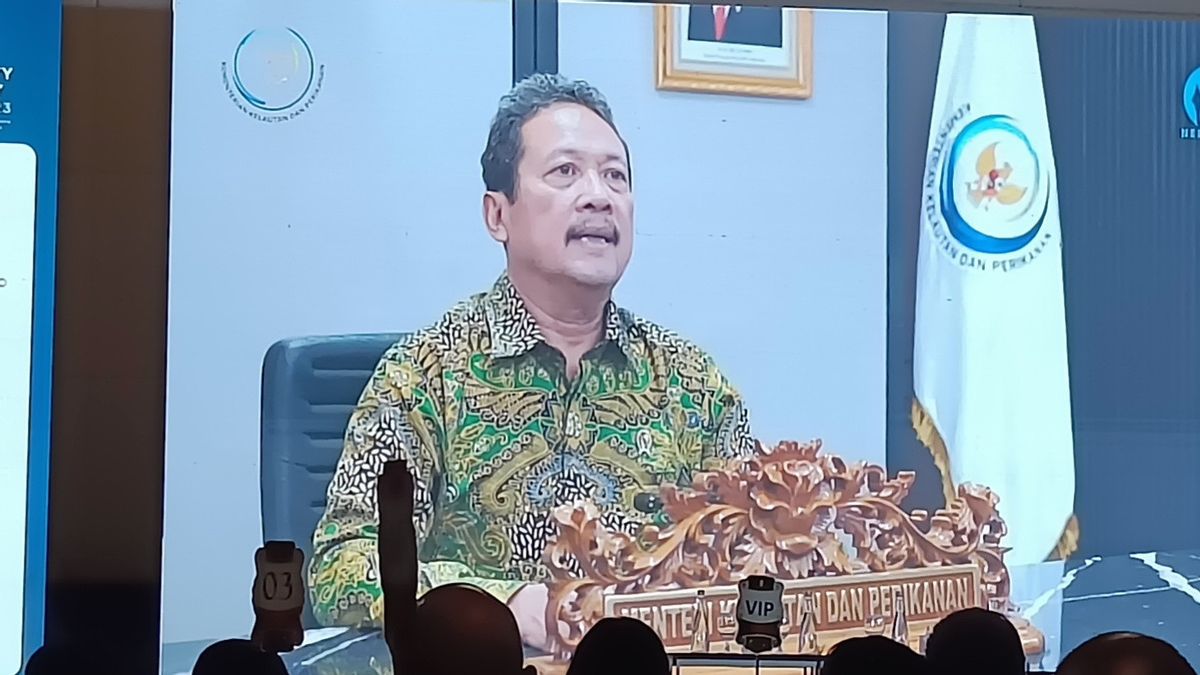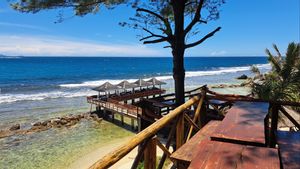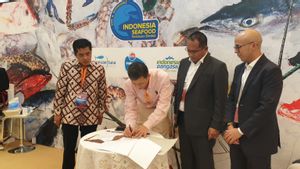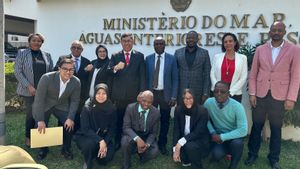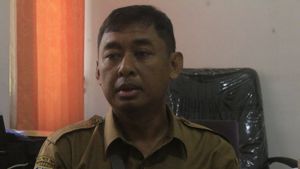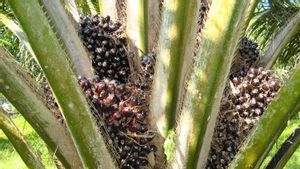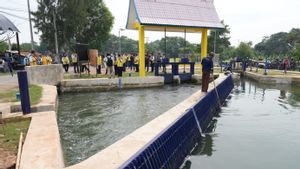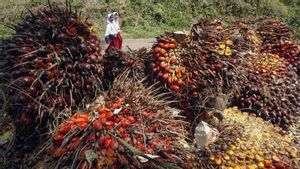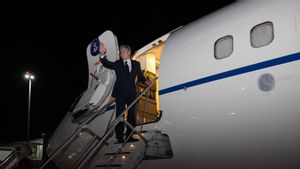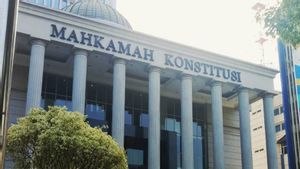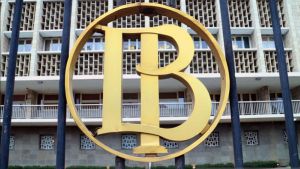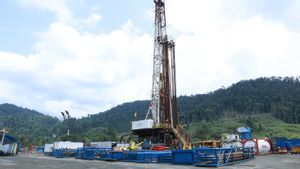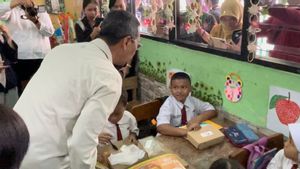JAKARTA - The Ministry of Maritime Affairs and Fisheries (KKP) revealed that five policies were carried out to achieve the Sustainable Development Goals (TBP/SDGs).
"In the context of the importance of maintaining marine health as an effort to make resilience to climate change, of course, is in line with efforts to achieve the target of the 14th SDGs, namely Life Below Water," said Minister of Maritime Affairs and Fisheries Sakti Wahyu Trenggono at the Sustainability & Inclusive Conference 2023 event in the Kuningan area, South Jakarta, Tuesday, August 29.
Trenggono said the policy included expanding marine conservation areas that increase the protection of fish breeding habitats and maintain the function of the sea in absorbing carbon dioxide and producing oxygen.
"Currently, the conservation area until 2022 reaches 28.9 million hectares or 8.7 percent of the total area of Indonesian waters and the KKP targets the conservation area to reach 32.5 million hectares by 2030," he said.
The second policy is to catch measurable fish based on quota as an effort to maintain marine health from excess exploitation or damage fishery resources and can cause over fishing, as well as the extinction of important species in the world.
"This measurable fishing will be carried out by implementing a quota system and catch zones with scientific bases and scientific data, so that the sustainability of fishery resources can be achieved not only focusing on the upstream industry, but also encouraging downstream fish landing bureaucracy," said Trenggono.
For the third policy, Trenggono said, the need for sustainable development of marine, coastal and land cultivation as an effort to reduce pressure in the capture fisheries sector through increasing the role of the cultivation fisheries sector.
اقرأ أيضا:
"This is also in line with the current world fishing trend, where aquaculture is encouraged as an important pillar in contributing to world food," he explained.
The fourth policy is the supervision and control of coastal areas and small islands as an effort to maintain the health of coastal areas that have an important role as a buffer for marine ecosystems.
Meanwhile, the fifth or last policy is to clean up plastic waste in the sea through the participation movement of fishermen or the month of love for the sea.
"Through this sea love month, KPP invites fishermen for a full month to pick up and collect plastic waste at sea," he said.
Trenggono also believes that the policy of managing marine and fishery resources that is framed in this blue economy program is in line with the world's efforts to realize climate change resilience and achieve the SDGs target.
The English, Chinese, Japanese, Arabic, and French versions are automatically generated by the AI. So there may still be inaccuracies in translating, please always see Indonesian as our main language. (system supported by DigitalSiber.id)
